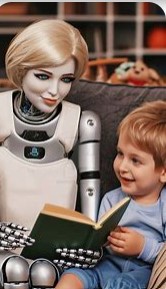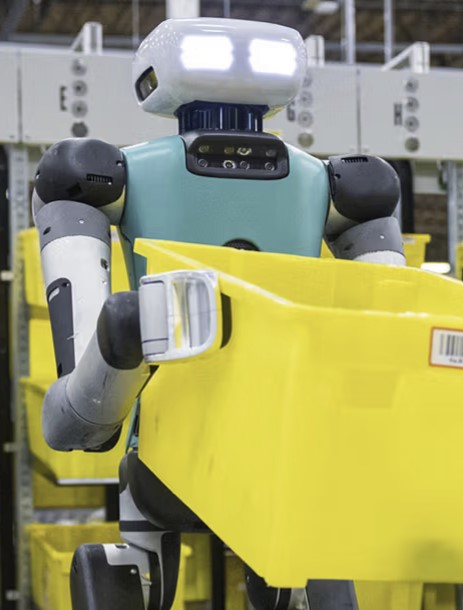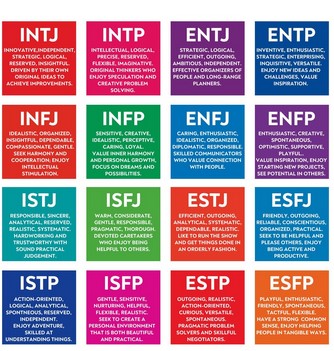It’s called the ‘Democratic Party’. This is the second week in a row that news sources have focused on low rumblings about the 2028 presidential election. Early possibles include Rahm Emanuel (Mayor-Chi), Pete Buttigieg (Biden Trans Sec), Andy Beshear, (Gov-Ky), Ro Khanna (Rep-Ca) and Gary Newsom (Gov-Ca). No doubt that many more will join the fray.
An emerging insight is that it is no longer possible to win a presidential election by appearing on MSNBC and CBS. Buttigieg, for example, appeared on ‘The Breakfast Club’ and a sports podcast. It is suggested that candidates also appear on the likes of FOX and The Joe Rogan Experience as well as participating in a broader spectrum of events like YouTube and even Facebook – the object being that the democratic candidates will have to cull a victory from disgruntled republicans, typically not-interested no-voters and skeptical democrats.
On the Trumper’s side, two articles appeared in science journals suggesting he is in a growing stage of dementia tied to his own perceptions of reality. This may be the reason so many of his statements reflect the circumstances of his first campaign. Don isn’t eligible to run again according to the Constitution but then, who follows the Constitution? Watch Texas – they’re trying to ignore it.
So the game is on. Will the democratic party be able to introduce themselves to a new electorate and carry the 2028 election? Watch the 2026 returns to see if anything is working.
Of course, another option is an AI robot candidate.
Ancient Mariner

 companions. The same could happen with younger kids.
companions. The same could happen with younger kids. loved ones may be close at hand. All these efforts to invade Homo’s anthropomorphic reality are just a step toward Armageddon. The next step is not to bother with babies – they’re too much trouble – AI bots may offer an age-seasoned teenage bot instead – or, if the reader is so inclined, adult bots (male and female) are available and quite charming.
loved ones may be close at hand. All these efforts to invade Homo’s anthropomorphic reality are just a step toward Armageddon. The next step is not to bother with babies – they’re too much trouble – AI bots may offer an age-seasoned teenage bot instead – or, if the reader is so inclined, adult bots (male and female) are available and quite charming.


 see if he still had garden plants under the weeds. He seldom meanders among the gardens because more pressing tasks are calling but today he poked about, swearing at rabbit damage and on a positive note, discovering plants that had survived despite all the interference of weeds, rabbits and droughts – even some, like Hyssop and Spider wort, had emerged on their own.
see if he still had garden plants under the weeds. He seldom meanders among the gardens because more pressing tasks are calling but today he poked about, swearing at rabbit damage and on a positive note, discovering plants that had survived despite all the interference of weeds, rabbits and droughts – even some, like Hyssop and Spider wort, had emerged on their own. support of any passing Monarch butterfly but has never seen any. Until today. A Monarch was bounding about in the Milkweed, seemingly quite happy. Small gifts bring great reward.
support of any passing Monarch butterfly but has never seen any. Until today. A Monarch was bounding about in the Milkweed, seemingly quite happy. Small gifts bring great reward. chipmunk. He’s always considered the chipmunk a mouse that is in show business; they have pleasant shades of brown with prominent stripes running down their back. We stared at one another for a long moment then the chipmunk went about its business.
chipmunk. He’s always considered the chipmunk a mouse that is in show business; they have pleasant shades of brown with prominent stripes running down their back. We stared at one another for a long moment then the chipmunk went about its business.